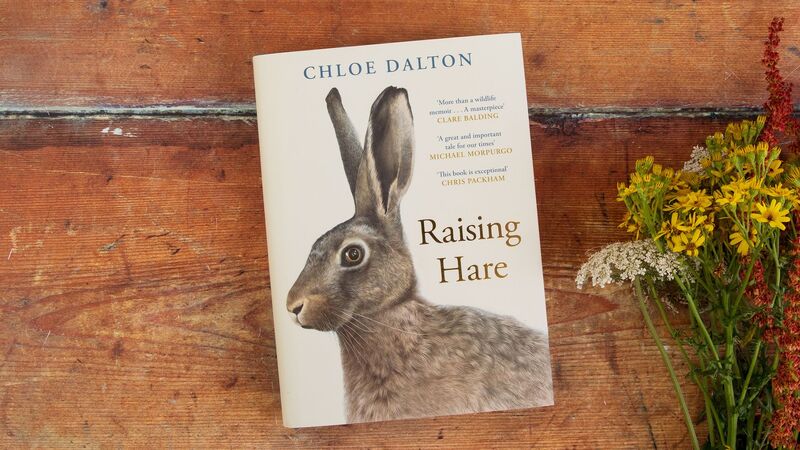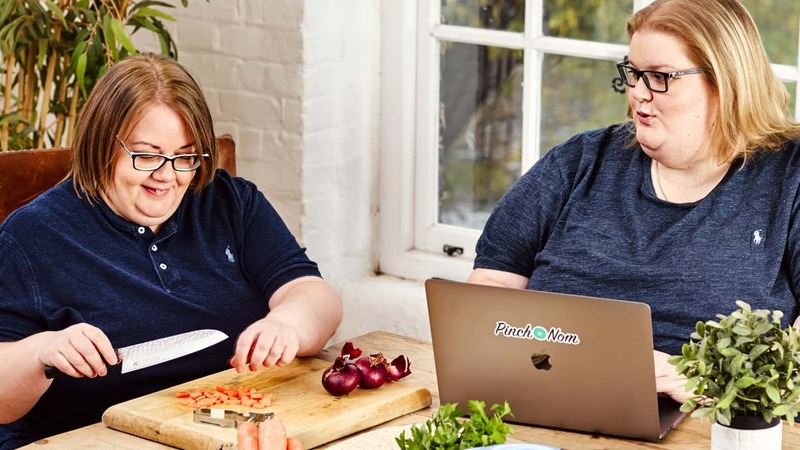You are viewing your 1 free article this month. Login to read more articles.
Val McDermid: How I Came Out
As a child I had plenty of friends but I always felt like an outsider. I thought that was because I wanted to be a writer, but it was really more to do with being gay, I suspect.
I grew up in Kirkcaldy on the East Coast of Scotland, a small town famous for producing linoleum and for being the birthplace of the economist Adam Smith. It was at the heart of the Fife coalfield, and I spent a lot of my childhood with my grandparents, who lived nearby in a mining village. I was an only child so I had plenty of opportunity to lose myself in the worlds of imagination inside books.
My family lived opposite the central library, so I had access to a wide range of possibilities. As soon as I realised being a writer was a job, that was what I wanted to do. As a teenager I used to write songs and poems. I played guitar and sang in folk clubs, I played hockey, I was a champion debater and I spent a lot of time walking my dog and dreaming up stories in my head. I must have been about 10 when I had my first crush. It was Dusty Springfield. I cut out a picture of her from a magazine and stuck it on my wardrobe where I could see it from my bed.
Slow dawning
The realisation I was gay was more of a slow dawning through my teens rather than a moment of revelation. I think it had more to do with my gradual understanding that an alternative to being straight was possible. There were no lesbians in Fife in the 1960s... Or at least, no visible ones. The first time I can remember being aware that homosexuals were real people was in my early teens. There was a bit of a scandal when a local businessman left his wife to go off with another man. He was someone my father knew quite well, and I remember there was a definite shock wave in our community. But that seemed very far removed from my life.
At 17 I was accepted to read English at St Hilda’s College, Oxford. There I first came out to my best friend as we were drinking coffee in her kitchen. She was completely blase about it. It really seemed to make no difference to our friendship. The second friend I told had a totally different reaction. She was clearly very uncomfortable about it and it took years for us to get back on the same footing as before.
I was scared that by coming out I'd lose friends and that it would have a negative effect on my career. In fact almost all of my friends and family have been completely relaxed about it. I've been out for almost 40 years now – which is a pretty wild thought for me – but of course, it's a constant process for all of us. Sometimes, to be honest, it feels more like a tedious chore than a source of fear or embarrassment.
Pride and prejudice
Although I knew I wanted to write for a living, everyone told me that it was impossible and I should get a proper job. I knew I wasn’t the sort of person who would be suited to a proper, nine to five job so I became a journalist. For 14 years, I worked on national newspapers in Manchester and Glasgow. It was the 1980s and newsrooms were male-dominated. Some colleagues took my sexuality in their stride, some were uncomfortable with it, some took the piss and some just ignored it. I never experienced overt homophobia but I did work with one or two people who clearly had a problem with my sexuality. One news editor I worked for was a fanatically moralistic Catholic who went to mass every lunchtime. For about six months after he joined the paper, he simply ignored me. He wouldn't assign stories to me and when I generated my own story leads, sometimes he would pass them on to other reporters to follow up. Eventually I got so fed up that I engineered a meeting in the pub with the editor and pointed out they were paying me a helluva lot of money to do nothing. He saw my point. And my news editor clearly got a bollocking, because things changed almost immediately.
Since coming out I have had negative experiences but even in the negatives there have been positive moments. Once my girlfriend and I took my mum on holiday to the Highlands. In Oban, the B&B we were sent to by the tourist board refused to give me and my girlfriend a room with a double bed. My mum read the riot act to the owner then insisted on going back to the tourist office to complain about the offensive treatment we'd received. My mum's reaction turned what could have been a humiliation into a moment of pride.
Report for Murder
Being open about my sexuality has opened up story possibilities that I might otherwise have shied away from. I think a life in the closet is a life half-lived and that's a terrible restriction for a writer. Always to be looking over your shoulder and worrying if you're revealing too much is self-censorship of the worst kind. And of course, it's given me access to all sorts of experiences and environments that I would otherwise have missed out on. Since everything is material, that has to be a help!
In 1984 I started writing Report For Murder, the first in the series of Lindsay Gordon which features a lesbian freelance journalist as the central character. I was lucky enough to start my career at a time when there were feminist presses who were eager to publish lesbian fiction. So in my head there was no reason why Lindsay couldn't be a lesbian. Most writers start off by writing close to their own lives in one way or another, either literally or emotionally or psychologically, so I gave Lindsay a lot of the superficial elements of my life – nationality, sexuality, politics, occupation – because I understood how to write about those things. But she's a very different personality from me, I should stress!
Those early books taught me a huge amount about my craft. I planned to write a trilogy, but it ended up as six books over a period of sixteen years. Like all writers, I'm on a journey of constant development and challenge and writing so I don't know if I'll ever go back to her; I can only write the books that shout loudest in my head and she's not been doing much shouting lately.
My advice to young person struggling to come to terms with their sexuality is decide who you can trust and make that person your confidant. The fears and doubts that loom huge in our imagination are cut down to size when we share them with somebody who doesn't condemn us, somebody who loves and cares for us regardless of who we want to have relationships with.
It's OK to be Gay is published by Accent Press on National Coming Out Day, 10 October.
Cross and Burn by Val McDermid is published by Little, Brown on 10 October.
You might also like:
Val McDermid to rewrite Jane Austen's Northanger Abbey















